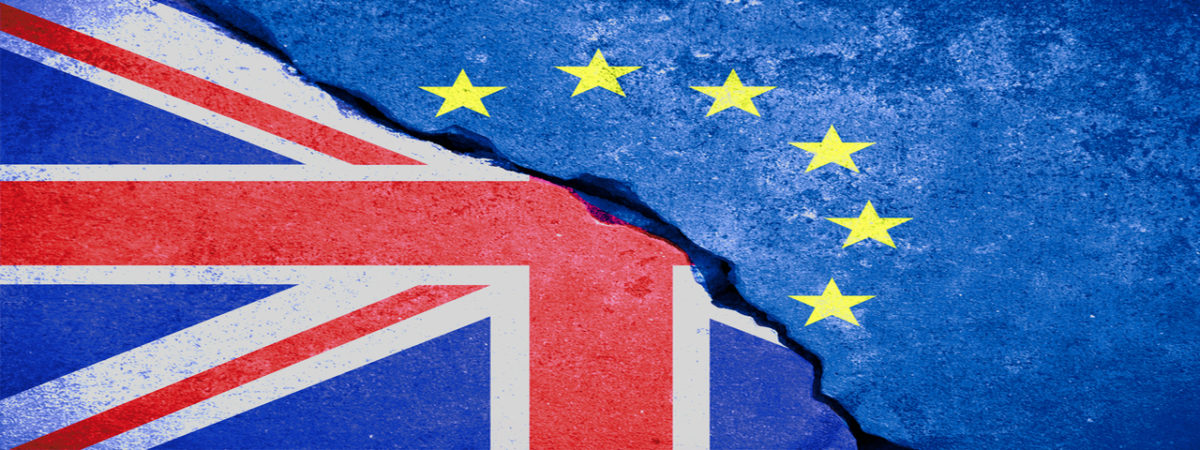The plastic bag levy illustrates the difficulty of Pigouvian taxation
SUGGESTED



Whilst evidence suggests these taxes dramatically reduce use, there was always likely to be economic costs associated with slower-moving check-outs and the fact that plastic bags are incredibly efficient at what they do – carrying shopping hygienically. There are potentially other negative effects of alternatives to plastic bags too in terms of higher volumes of landfill waste and worse hygiene outcomes. Quite simply, once one starts thinking about externalities of a whole host of alternatives in the round, advocating Pigouvian taxes as ‘solutions’ becomes much more difficult.
Since then, we have seen flesh put on the bones of this policy. And the results really are not pretty.
First it was decided that the policy would be imposed asymmetrically, for no good reason. The Act requires a levy of 5p to be charged by all retailers with more than 250 employees. It is unclear to me how the externalities associated with identical plastic bags differ based on number of employees.
Second, there has now been confusion and challenge surrounding what a plastic bag actually is. The government’s own guidelines define it as being made of plastic (der!), unused, with handles and 70 microns or less thick. But producers of biodegradable bags themselves are calling for exemptions too – quite understandably, given that the environmental damage associated with such bags being out in the open is much lower than for ordinary plastic bags.
Defra, as I understand it, are awaiting a report from an expert panel on how to define biodegradable and to see whether other conditions should be met for exemptions – i.e. whether the exempted bags should be ordinarily recyclable. But if the primary justification for this tax is environmental (rather than what I suspect it might be – aesthetics) then it would make no sense at all to tax biodegradable bags at the same rate as ordinary plastic bags.
Third, and finally, Defra have sought to mitigate against some of the negative health side-effects of people moving away from plastic bag use by introducing a range of products for which plastic bags should still be provided for free. The long list of exemptions includes meat and poultry, uncooked fish, unwrapped blades, flowers, potatoes and prescription drugs. Confusingly, if you have even one non-exempt item in a bag, cashiers still must charge the 5p.
This is likely to mean the economic costs of slower moving check outs are much higher than I originally envisaged. Check out cashiers are now going to have to judge whether you qualify for the charge by examining your shopping. Worse, whether you have to pay the charge could well be determined by the order in which the cashier puts your shopping in bags – leading to pressure for customers to insist on ‘sorting’ of the items. Even worse still, shops will be required to impose this policy on self-checkout machines too, where people are likely instinctively to be far less fussy – with fines of up to £5,000 from ‘local authority inspectors’ if they fail to impose the law. This will probably lead to guidance or another touch screen component to the self-checkout process – slowing the payment for shopping further.
Textbooks often talk about Pigouvian taxes as if they are elegant, non-distortionary means of achieving socially optimal outcomes. But as the above points highlight, the reality is somewhat different. Social costs are extremely difficult to measure. Technological change and other product innovations often overcome the justifications for the intervention. Vested interests demand exemptions and these are accepted by politicians – even for indistinguishable activity. And attempts to mitigate unintended consequences of interventions can pile on regulations with real economic costs.
For all these reasons, one suspects this policy intervention will eventually go the same way as the ill-thought through ‘free’ school meals policy appears to be headed.
Ryan Bourne is the IEA’s Head of Public Policy.
6 thoughts on “The plastic bag levy illustrates the difficulty of Pigouvian taxation”
Comments are closed.





We already have a plastic bag ban/tax here in Scotland. You now have to take your own bags with you everywhere you go. We have bags everywhere as you do not want to be caught out without one. You have to stand waiting at checkouts whilst customers carefully pack their bags.
The trouble is that politicians in power often don’t really want to ‘do good’ or ‘reduce harm’ — they just want to seem to be doing good or reducing harm. They are playing at politics. No wonder their reputation is low. Instead of thinking up some bright scheme which maybe looks as if it might be popular, they should be much slower to interfere in the market. If they want to give the public the benefit of their ‘expert’ advice, no doubt they have access to several means of communication. Making suggestions, for people to follow or not as they see fit, is likely to be less harmful than imposing compulsory instructions as if we were all school children, incapable of deciding for ourselves on a course of action.
I read that if you are incinerating rubbish, plastic bags are a very valuable source of ingnition material that makes the whole process more efficent.
In fact with plastic bags left in the rubbish, incineration is both cheaper and more enviromentally friendly than re-cycling.
But one thing is for sure, our oceans are suffering from human activities, with plastic particulates being one more menace to add to the list. This has to stop.
For a talk I gave on problems with the Pigouvian approach:
http://oxlib.org.uk/2013/01/video-of-david-friedmans-lecture/
Whatever about the merits/demerits of Pigouvian taxes, the “economic costs associated with slower-moving check-outs” is hardly a credible counter argument!
I bring a large IKEA bag and dump everything in. Its much quicker.
+opening plastic bags can be a right pain sometimes
People tend to re-use plastic bags for various purposes as well. I use plastic bags to line the smaller bins in my house. Also to carry my gym shoes/dirty clothes in my bag.
If I dont get these plastic bags for free ( or very cheap), I’ll simply end up buying bin bags or carrier bags, which are also made of plastic so it’s not that I’m actually reducing my use of it anyway.
Lastly, when this levy isnt having the desired effect, the state will eventually see this as another source of income and raise the levy to £1 or more. It’s just a matter of time.